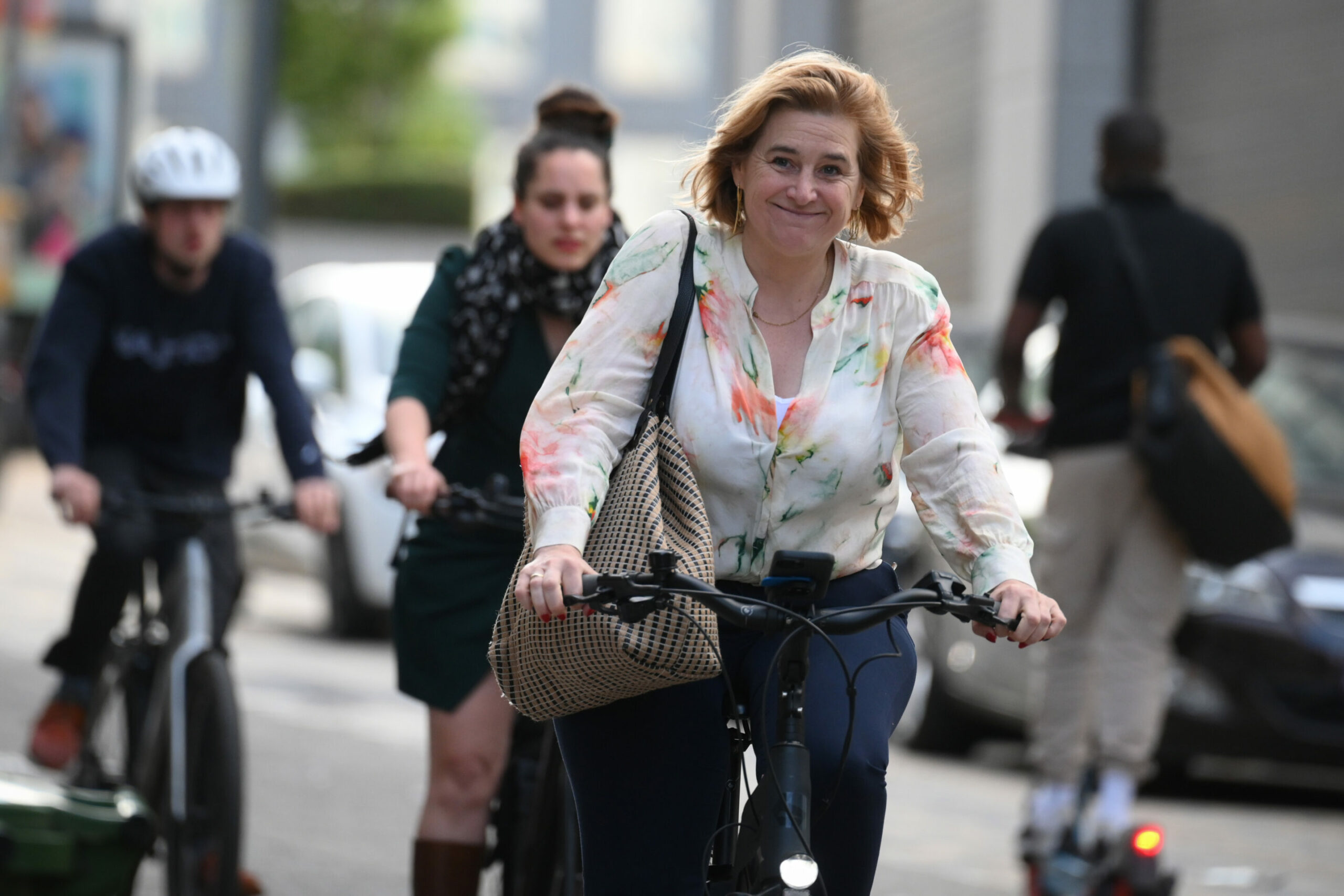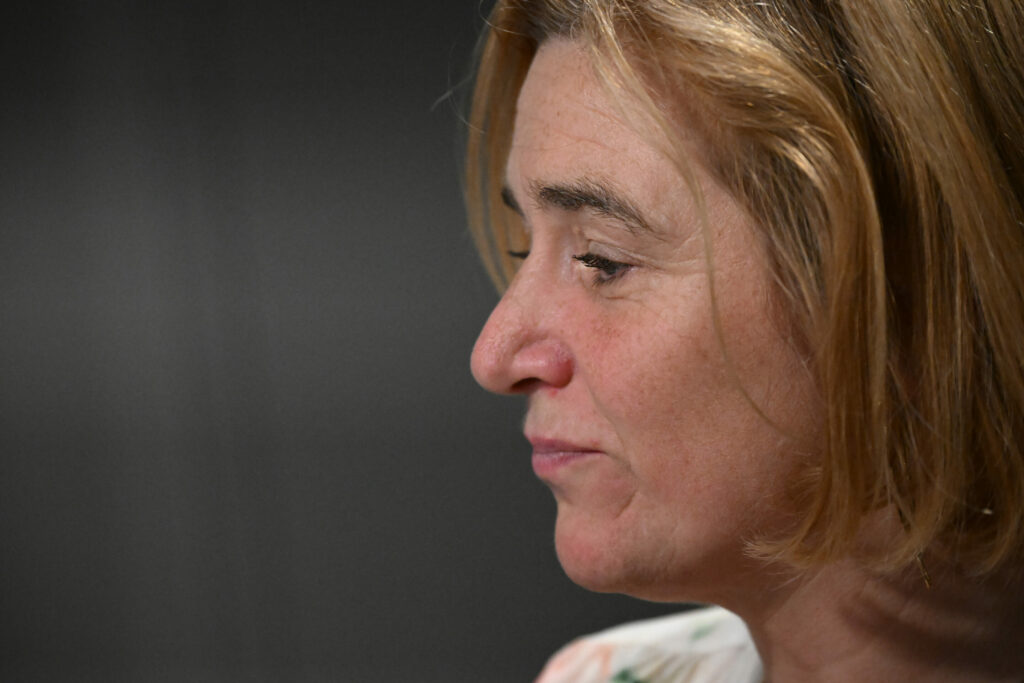After an intensive information round over the past two weeks, forming the majority on the Dutch-speaking side in Brussels with four parties is the most realistic way forward at the moment, said Brussels Groen leader Elke Van den Brandt in a press release.
As the big winner of the elections, Groen (which has four of the 17 seats) is leading the formation of the Brussels government on the Dutch-speaking side. However, the process has been difficult as Team Fouad Ahidar won three seats, but many of the other parties have vetoed forming a government with the new party.
"We have heard all parties and their wishes in recent weeks. N-VA, Open VLD and Vooruit indicated that working with Team Fouad Ahidar is not possible for them, which means that a coalition with three parties is not possible," said Van den Brandt.
Now, she is putting forward an alternative coalition with four parties – which would be a first in the Dutch-speaking side of the Brussels Government – to reach the required majority of nine seats, and will invite liberal Open VLD, socialist Vooruit and centrist CD&V for further discussions. "We will try to reach an agreement."
Connection, not polarisation
Yet, Van den Brandt disapproves of how some other parties communicated about their veto against Ahidar. "I strongly disagree with some of the positions of Team Fouad Ahidar, but the statement that he wants to introduce Sharia law was completely incorrect and harmful. Brussels needs more connection, not polarisation."
As the Dutch-speaking side of the Brussels Government only gets to appoint three representatives (two ministers and a state secretary), a scenario with four parties could become complicated as well. "Naturally, we are looking for a formula in which each party can exert sufficient weight, realising that there are only three mandates for four parties. I count on the sense of responsibility from all parties."
However, a way around this issue could always be found, political expert Dave Sinardet (VUB) told The Brussels Times after the elections. "There are always some possibilities for positions outside the government, like some high representatives. Or they could potentially also split a mandate into two."

Groen's Elke Van den Brandt arrives by bicycle at a post-election meeting. Credit: Belga/David Stockman
Van den Brandt believes it should be possible to reach an agreement, and refers to various shared goals between the parties, such as the ambition to put Brussels in order (in terms of budget as well as a simplification of the institutions), the ambition to empower people by guiding them to meaningful jobs, affordable housing and a continued focus on improving the quality of life in all Brussels neighbourhoods.
The fact that the four parties have already worked well together over the past five years creates trust, she stressed. "The Flemish Community Commission Board has always had a good relationship with Benjamin Dalle, who conducts negotiations for CD&V, which makes us optimistic about a constructive course of the discussions," said Van den Brandt.
Such a coalition would largely correspond to the coalition on the French-speaking side, where discussions are underway between liberal MR, socialist PS and centrist Les Engagés.

